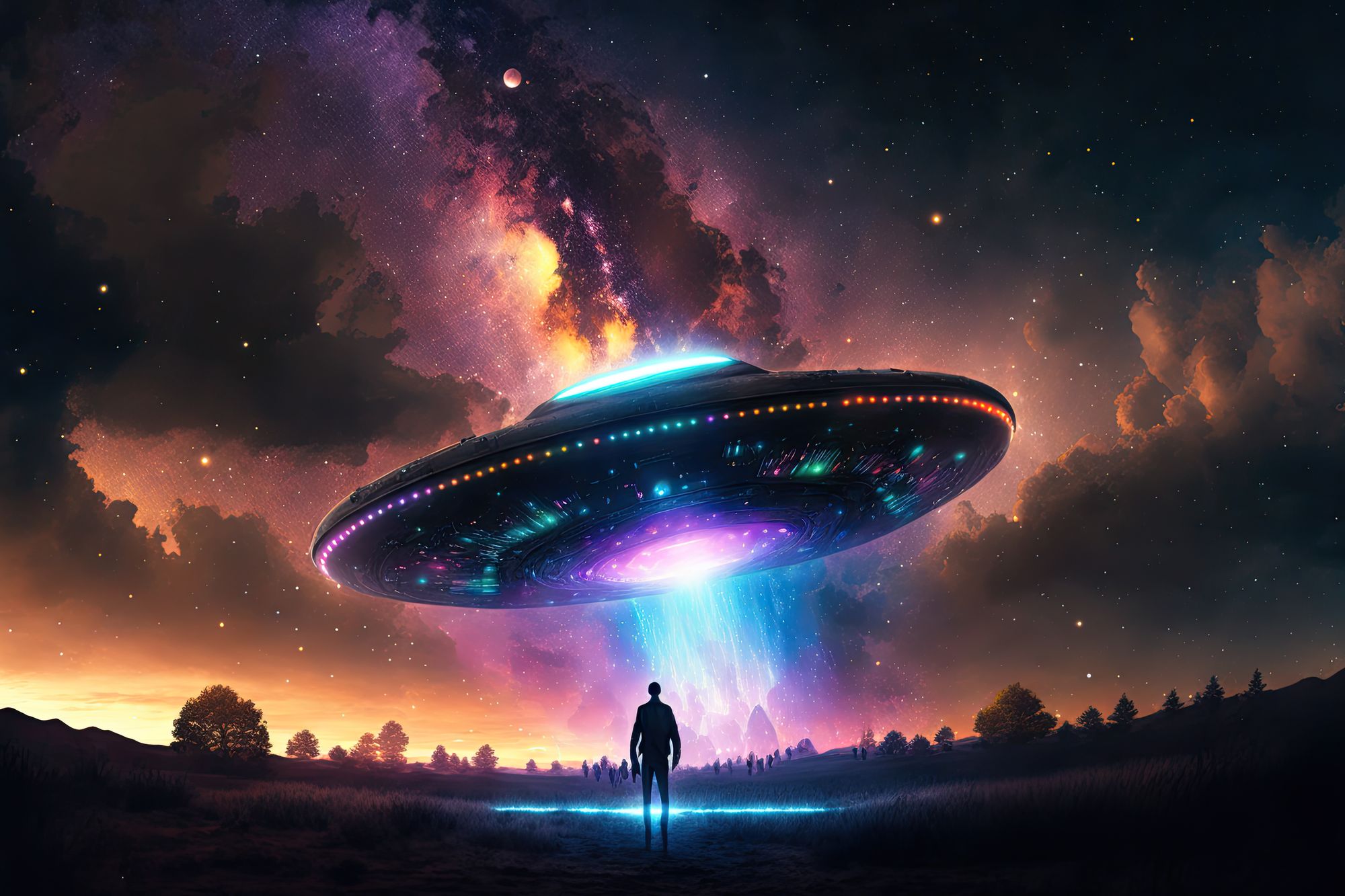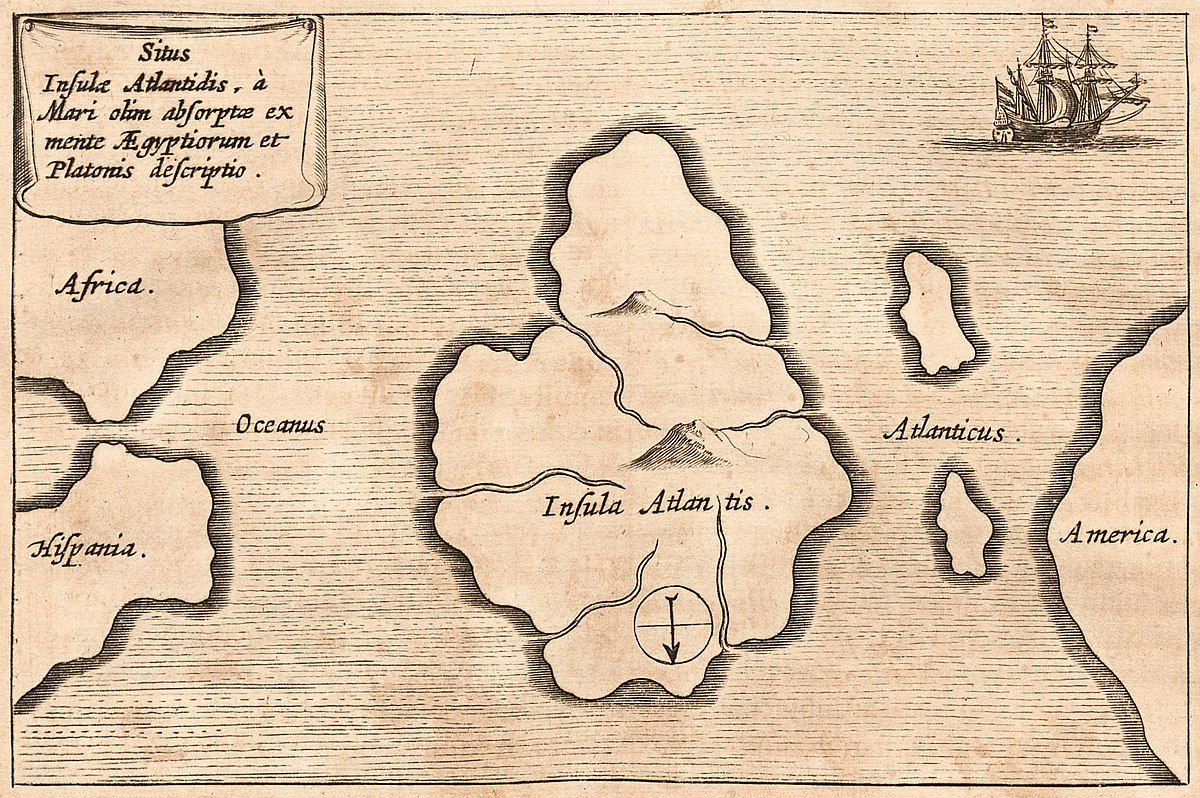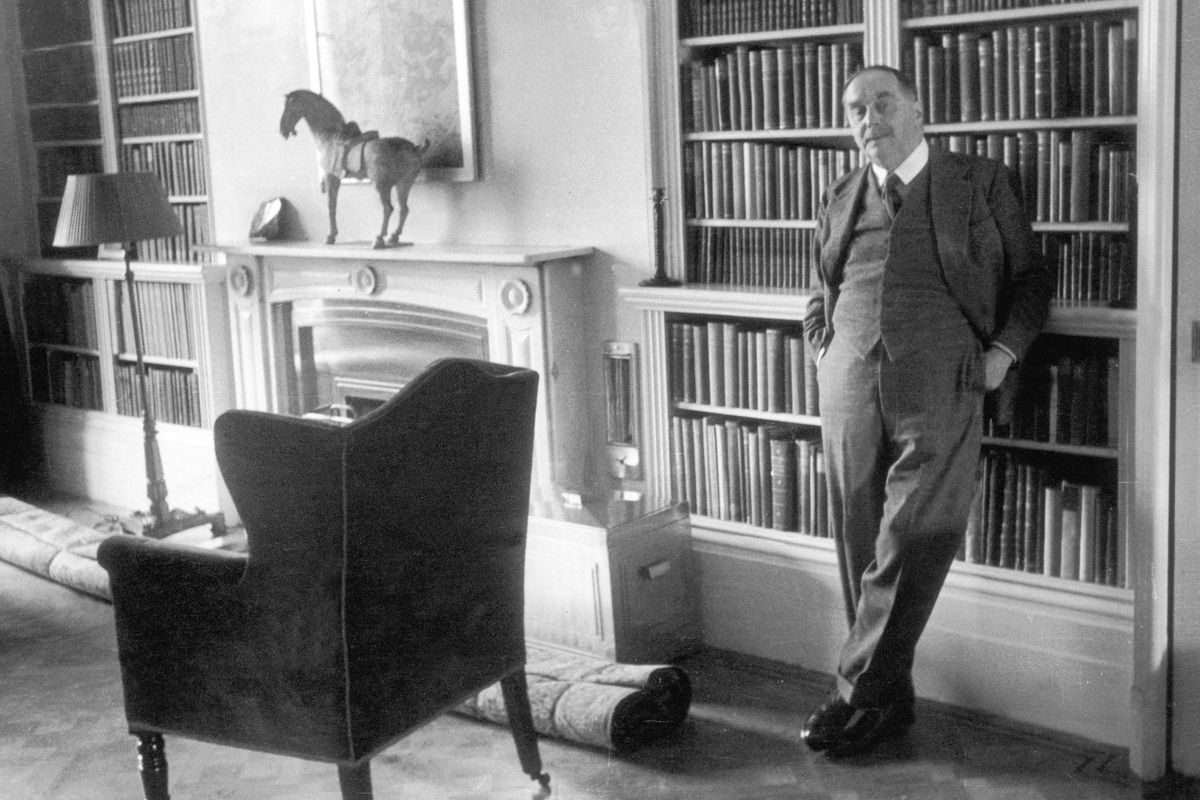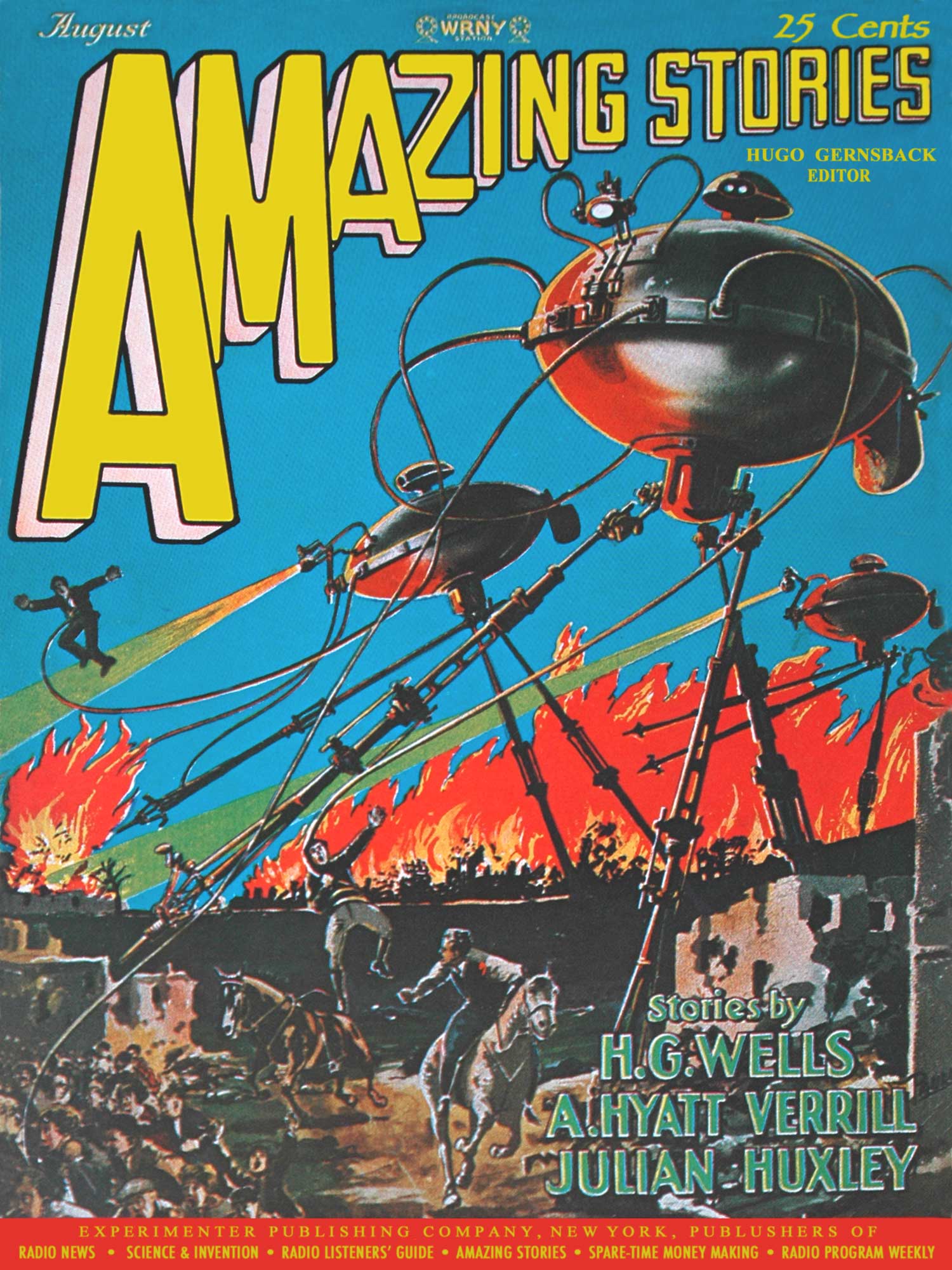A Science Fiction Journey: Where does Sci-Fi come from?
How define the origin of the science fiction? It is near impossible. You would have to trace the entire path of stories, plots, novels, short stories, narratives of all kinds.

How define the origin of the science fiction? It is near impossible. You would have to trace the entire path of stories, plots, novels, short stories, narratives of all kinds. And also non-fiction, because it is not possible to understand science fiction without also finding its reasons outside of the narrative, to the point of penetrating the scientific reasons that drive it and make it an effective narrative.
A very hypothetical assumption: Atlantis
However, many have attempted this journey backwards, and some have gone as far as the Atlantis described by Plato. In the dialogues Timaeus and Cirtia, Plato was the first to speak of the legendary island and its civilization, describing Atlantis as a great seafaring nation, fabulously wealthy, located beyond the Pillars of Hercules (the Strait of Gibraltar) and the undisputed mistress of the Mediterranean as far as Egypt and Etruria.
"In front of the narrow mouth called the Pillars of Hercules, there was an island. And this island was larger than Libya and Asia put together, and from it you could go to other islands and from them to the mainland opposite. [In later times, [...] after extraordinary earthquakes and cataclysms had occurred, in the turn of a day and a bad night [...] everything sank en masse under the earth, and the island of Atlantis, swallowed up by the sea, also disappeared."

Fantasy and Science Fiction: There is a Difference
There are many references to authors of the past as initiators of the science fiction genre. This is partly because it is not easy to identify the characteristics of science fiction, and partly because of the thin line between science fiction and fantasy. In the fantasy genre, however, there is no need for concrete or material credibility. There is no need for scientific verisimilitude. If there is, it is an advantage. Science fiction, on the other hand, must always be scientifically credible and plausible, and must have some use of scientific concepts. Science fiction can be far-fetched, but always within a recognizable scientific parameter. Fantastic fiction can be supernatural without having to explain its phenomena. Science fiction plots, events, and situations are logical within recognizable, plausible assumptions that are not in conflict with the scientific knowledge available at the time. It can predict, idealize, hypothesize. But it does so according to logic, not fantasy.
Science Fiction's First Possible Cultural Origin
Given these characteristics, where can we trace the cultural-historical origins of science fiction? For example, in the birth of industrial production in Britain in the 1700s, in the inventions and innovations of the time, which were precisely related to the development of this rapidly increasing production (Never noticed the shape and concept of James Hargreaves' spinning wheel in the later concepts used in science fiction by writers?). But also in the theories of human evolution, of the origins of the human species, of the causes of natural phenomena that until now have been associated with the unexplained or the supernatural. As well as in the exploration of new places, the knowledge of diversity, the speculative remark of new and surprising aspects of reality.

Mary Shelley's Frankenstein: Between the Gothic and the Scientific
But also to new anxieties, or rather to old anxieties that are beginning to take on new forms and arise from new insecurities. It is here, in the middle of the eighteenth century and at the beginning of the nineteenth century, that the link between the Gothic novel and science fiction becomes clear: I cite, for example, Mary Shelley's Frankenstein (1818). This is perhaps one of the earliest examples of science fiction that comes close to our concept of the genre. In Shelley's novel, there is indeed the gothic, the mysterious, the uncanny, but there is also the scientific concept, however naive, that seeks to overcome death and solve one of life's greatest mysteries in what we would now call a technological way.
The Time Machine and "friends"
From there, it is easy to find examples of authors who were both founders and developers of the science fiction genre as we know it-Jules Verne and Herbert George Wells, for example. For many, Verne is the first true sci-fi novelist. The inventions in his books are plausible, or at least based on scientific assumptions, even hypotheses of discoveries that would later be realized, ahead of their time. After him, but no less so, was H.G. Wells, whose first novel, The Time Machine (1895), is one of the cornerstones of world science fiction literature. But Wells, with his novel The War of the Worlds (1898), is also considered the "father" of another typical element of contemporary science fiction: The monstrous description of beings from other planets. In particular, he was influenced by evolutionary biologist Thomas Huxley and the studies he undertook while writing it. In Wells, there is also a disenchantment and a strong social criticism that will be typical not only for science fiction, but also for its later descendants, such as cyberpunk. The seeds of cyberpunk, however, are more recognizable in the work of another science fiction author, Ballard.

In the US?
What about the United States? Science fiction has made a strong and lasting impression on American readers, quickly becoming a popular genre. For some, the leader of American writers seems to be Edgar Rice Burroughs with his serialized novel Under the Moons of Mars (1912). However, his stories have little scientific plausibility, even though they introduced the theme of science fiction. Above all, he is credited with drawing readers' attention to science fiction magazines - Weird Tales, All-Story Weekly, up to the quintessential science fiction magazine in America at the time, Amazing Stories, founded by H. Gernsback, who is credited with identifying science fiction as a true genre of fiction.

Bibliography and links
- Roberts, R. "American Science Fiction and Contemporary Criticism." American Literary History 22, no. 1 (November 20, 2009): 207–17. http://dx.doi.org/10.1093/alh/ajp048.
- Rabkin, Eric S., James B. Mitchell, and Carl P. Simon. "Who Really Shaped American Science Fiction?" Prospects 30 (October 2005): 45–72. http://dx.doi.org/10.1017/s0361233300001976.
- Robert E Briney and Edward Wood. SF Bibliographies: An Annotated Bibliography of Bibliographical Works on Science Fiction and Fantasy Fiction (Chicago, Illinois: Advent: Publishers, 1972) [nonfiction: chap: pb/nonpictorial]
- Neil Wilson. Shadows in the Attic: A Guide to British Supernatural Fiction 1820-1950 (London: British Library, 2000) [bibliography: hb/]
- Origini e sviluppi della letteratura fantascientifica, by Alberto Angelini.
- Internet Speculative Fiction Database
- Internet Archive
- SFE - The Encyclopedia of Science Fiction
